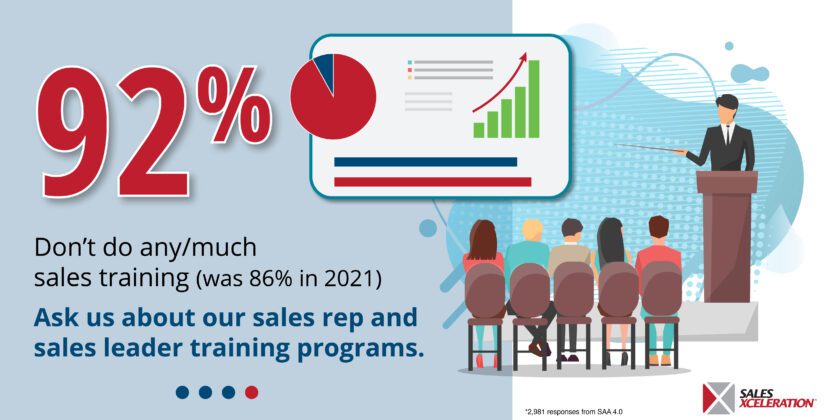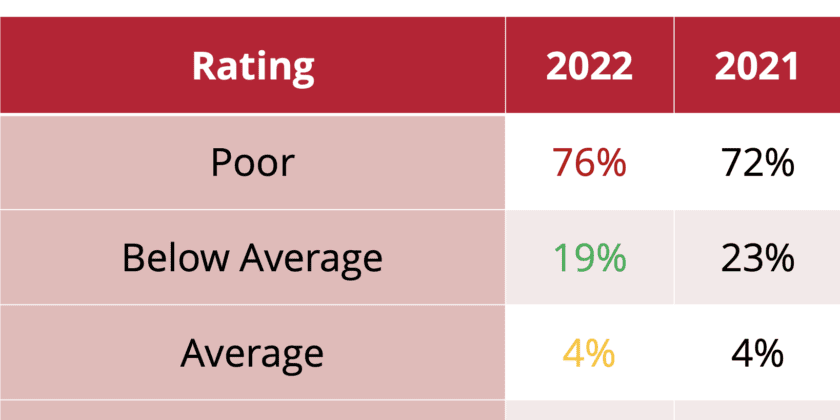A Vice President of Sales plays a critical role in the success of a business by overseeing and leading the sales team to achieve revenue targets. To be effective in their position, the VP of Sales must be able to focus on strategic decision-making and high-level planning while delegating operational tasks to a capable team. One way to facilitate this delegation is through a virtual assistant, who can perform various functions that support the VP of Sales and the sales team.
A virtual assistant is a professional who provides a range of administrative, technical, or creative assistance to clients remotely. Utilizing digital tools, they can handle tasks such as email and calendar management, data entry, event planning, and more complex tasks such as market research and report creation. This remote support allows business leaders and teams to delegate routine tasks, freeing them to focus on strategic responsibilities and higher-level work. Virtual assistants can work with individuals or organizations across various industries, offering flexibility and efficiency that can significantly contribute to productivity and business growth.
A virtual assistant can alleviate the routine tasks that often sidetrack a VP of Sales from their pivotal duties. Such an assistant could oversee the VP of Sales’ agenda, arrange meetings, and undertake administrative tasks like managing emails and inputting data. This delegation of duties allows the VP of Sales to concentrate on higher-level tasks, such as crafting sales tactics and nurturing relationships with critical clients.
Administrative and operational support to the sales team can also be delegated to a virtual assistant. They can contribute to tasks like lead generation, research, and qualification. They’re also capable of assisting with creating sales reports, managing the CRM, and conducting follow-up engagements with prospective clients post-sales meetings. By rendering these services, the virtual assistant permits the sales team to devote their efforts to their primary responsibilities, including fostering client relationships, closing sales, and driving revenue.
Virtual assistants can also be instrumental in helping VPs of Sales maintain organization and manage their responsibilities effectively. They can aid in preparing for meetings, orchestrating events, and arranging travel. They can also lend a hand in managing expenses and delegating tasks. This support enables the VP of Sales to remain on top of their obligations, leading to increased productivity and effectiveness.
VAs can inform the VP of Sales about industry trends and market intelligence. They can perform market research and competitor analysis, scrutinize sales performance metrics, and deliver insights to facilitate informed decision-making by the VP of Sales. By supplying this crucial information, the virtual assistant empowers the VP of Sales to make strategic decisions that bolster revenue growth.
Most importantly, a virtual assistant can assist the VP of Sales in fostering a robust sales culture. They can contribute to training the sales team on industry best practices, product knowledge, and sales techniques. They can also aid in organizing team-building activities and other initiatives to promote collaboration and teamwork. Through these efforts, the virtual assistant supports the VP of Sales in establishing a successful and efficient sales organization characterized by a powerful sales culture.
20 productivity-enhancing activities that a virtual assistant can perform to help a sales leader be:
- Scheduling and managing appointments: A virtual assistant can schedule appointments, manage calendars, and set reminders.
- Lead generation and qualification: A virtual assistant can help with research and identify potential customers, contact them to qualify them, and keep a record of progress.
- Data entry and management: A virtual assistant can manage and organize customer data and sales records, keeping them up-to-date and accurate.
- Email management: A virtual assistant can manage and filter email correspondence, respond to routine inquiries, and forward important messages to the sales leader.
- Social media management: A virtual assistant can manage social media accounts, create content, and monitor engagement.
- Sales report creation: A virtual assistant can create reports on sales performance, market trends, and competitor analysis.
- Proposal and contract drafting: A virtual assistant can help prepare client proposals and contracts.
- Conducting market research: A virtual assistant can conduct market research on industry trends, competitor analysis, and customer preferences.
- CRM management: A virtual assistant can manage the sales leader’s customer relationship management (CRM) system, update records, and track sales activities.
- Call screening: A virtual assistant can screen incoming calls, filtering out cold calls and telemarketing solicitations.
- Meeting preparation: A virtual assistant can prepare meeting materials, including agendas, presentations, and reports.
- Client communication: A virtual assistant can communicate with clients, respond to inquiries, and provide updates on sales progress.
- Sales follow-up: A virtual assistant can follow up with potential customers after sales meetings, and track leads through the sales funnel.
- Sales training: A virtual assistant can help train sales teams on best practices, product knowledge, and sales techniques.
- Event planning: A virtual assistant can assist with planning and coordinating sales events, such as trade shows or conferences.
- Travel arrangements: A virtual assistant can assist with booking flights, hotels, and transportation for sales trips.
- Expense management: A virtual assistant can help manage sales expenses, keep track of receipts, and create expense reports.
- Task delegation: A virtual assistant can delegate tasks to sales team members, follow up on their progress, and ensure timely completion.
- Lead nurturing: A virtual assistant can help nurture leads and build relationships with potential customers over time.
- Analytics and performance tracking: A virtual assistant can help track sales performance metrics, analyze data, and provide insights to help the sales leader make more informed decisions.
A virtual assistant can add significant value to the role of VP of Sales by providing support and assistance that allows the VP of Sales to focus on their core responsibilities. From managing day-to-day tasks to supporting the sales team, providing market insights and analytics, and promoting a strong sales culture, a virtual assistant can help a VP of Sales build a successful and effective sales organization.








